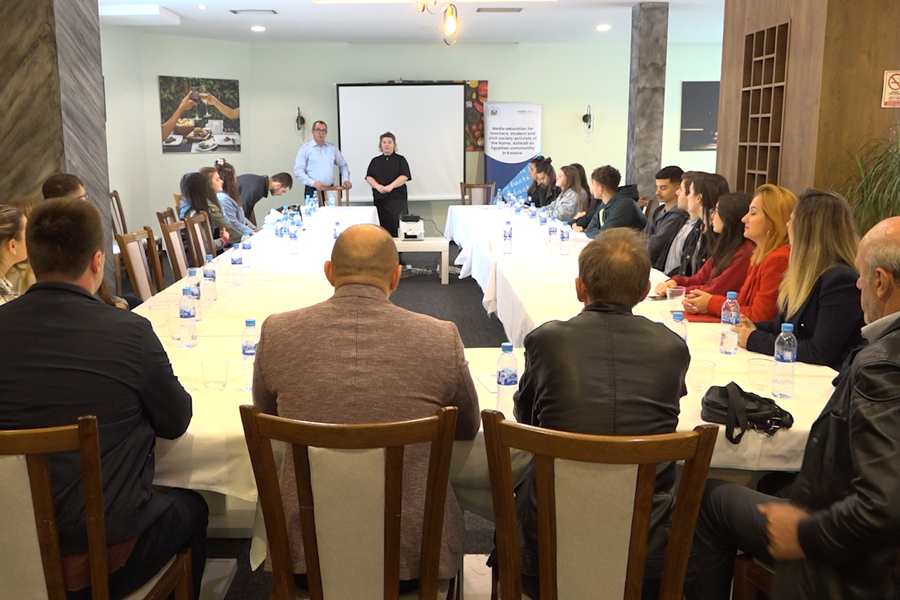
With the increase in the number of media in Kosovo, especially online ones, and with the advancement of technology, the possibility of spreading fake news has increased.
In addition to adults, fake news also attacks younger people.
Thus, trainings through which information is provided on how to differentiate between true and fake news, as well as protection from the latter are being considered necessary.
The students together with their professors from the Turkish community in Prizren, through this training, learned how to distinguish fake news, their purpose, and also developed critical thinking regarding the contents of online media and social networks.
The Turkish student at the "Gjon Buzuku" Gymnasium in Prizren, Adak Celina, said that he recently read a fake news in the media, which said that Germany will close its borders to all countries.Also the student Burak Grosa, while emphasizing that he has learned that one should not believe everything he reads on social networks, indicated that he has come across fake news about the war in Gaza.
“It was really interesting topic for me to learn about, so it was really fun. I learned that there is a lot of fake news spread in social media and that we have to be careful about them, for example, I read about some fake news about the war of Gaza, and I just gained some knowledge for future, to not believe everything that I see on the social media", said Grosa.
The project "Media education against disinformation for non-majority communities in Kosovo", supported by the United States Embassy in Prishtina, started about three years ago. This project has included training for students from non-majority communities in most cities of Kosovo. Its purpose is for the young people of these communities to learn to distinguish fake content from real ones. Also, through the topics covered during the training, it is intended to develop the critical thinking of the participants. /Z. Zeneli/


